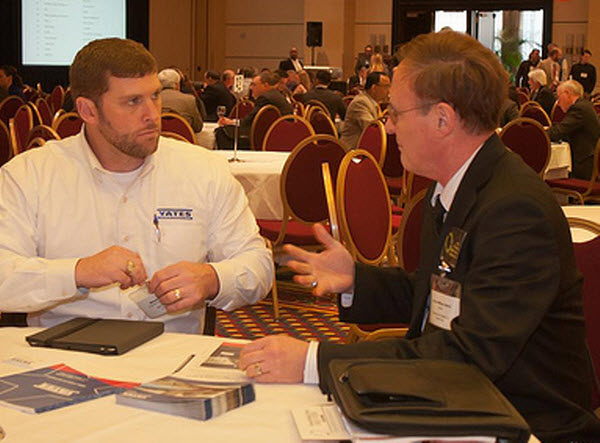Reaching the job interview stage can be pretty nerve racking but there are certain ways to explain your answers to the questions you are asked that can help make you a standout candidate. Interviewing is not merely answering a question, but learning to answer it in a certain way, whereby the interviewer can easily follow up from the answers they get.
What are the basic things interviewers are attempting to evaluate?
All interviewers are attempting to evaluate how skilled the interviewee is, and to what extent they would suit the job, such as:
– Is the candidate a good fit and will they add value to the company
– Does the candidate appear credible and would they suit the company culture
– Is the candidate a motivated and well driven person
– Are the candidates positive traits clear to see and hear
All of the above are being scrutinised and carefully considered by the interviewer during the actual interview. To say these are all very important things that a company is expecting from a candidate is a given, but they should also be balanced against a persons technical abilities and skills. Non-technical skills and experiences are often the first impression a candidate makes in the interview, including their warmth, friendliness and overall appearance.
What kind of responses should an interviewee practice?
The interviewee should practice a multi paragraph style of answering. They should be able to answer even complicated questions in around 2-3 minutes, keeping answers brief and to the point.
How should you practice a multi paragraph response?
There are different way to make a multi paragraph response and they are:
– SAFW – just Say A Few Words. Here we are opening our answer with a basic answers and there by with some examples.
– Give SMARTTe Examples. The examples should be put forward in a very scientific manner with an aim to exhibit our operational experience in it.
– Use STAR. This way of responding is a behavioural method of answering whereby you make a punch on the statement we answered for example with our skills and experience etc.
– End with a Hook. Here we should not give all the answers elaborately, instead you should keep something to hook or follow to the next question from the answer you just gave to the interviewer.
– Remember the Big E for ‘E’xample. If the above things is not possible you must always try to focus on examples that shows your competency and positiveness to the maximum.
A well prepared candidate can be even more successful in interviews if you keep the above tips and key steps in mind.




